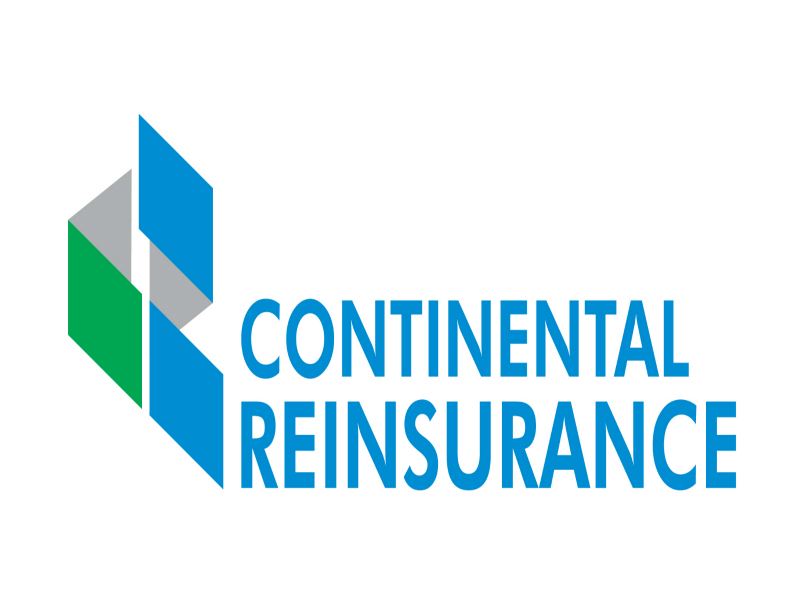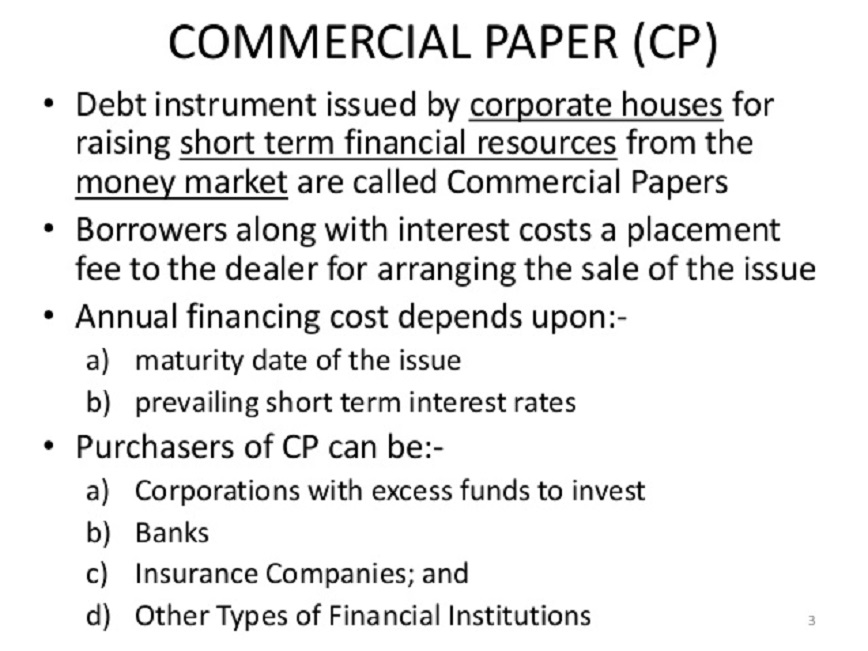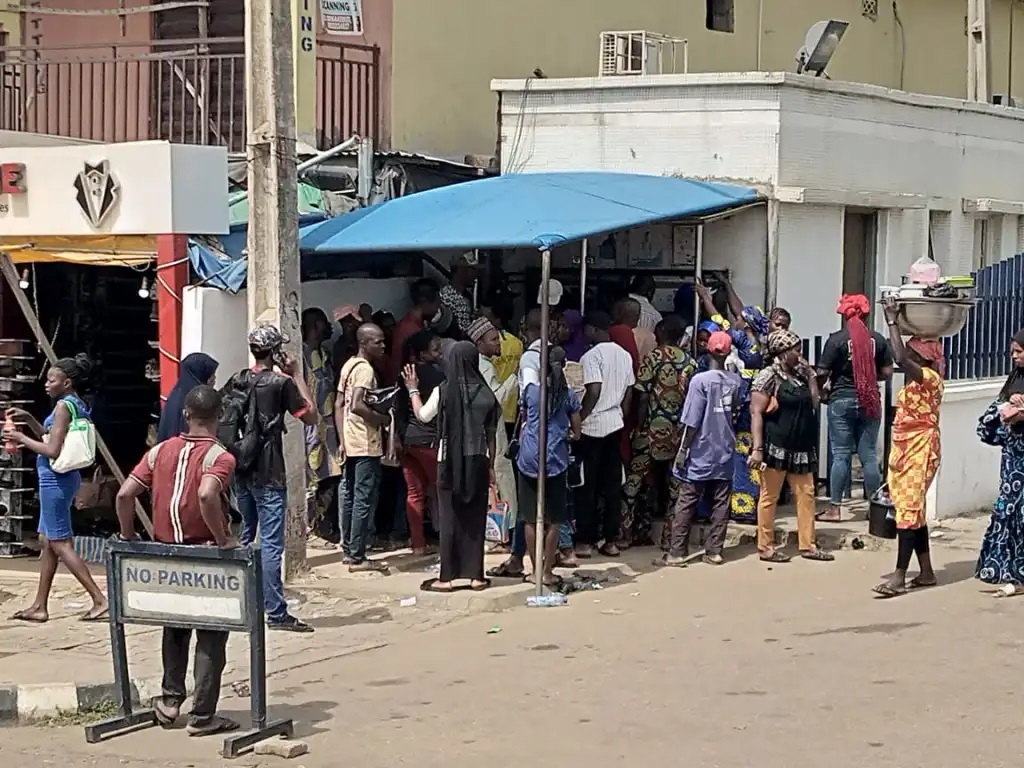Economy
ConRe to Seek Fresh Approval for Sale of Minority Shares

By Modupe Gbadeyanka
The board of Continental Reinsurance (ConRe) Plc has been directed to convey another court-ordered meeting for consideration of the proposed acquisition of minority shares of the firm by its majority core investor.
This directive was given by the Securities and Exchange Commission (SEC), which nullified the earlier meeting held by the company for the same purpose.
On December 20, 2018, the company held a court-ordered meeting, where the core investor, CRe Investments, was reportedly given the go-ahead to acquire shares of the minorities. CRe Investments wants to make Continental Reinsurance into its wholly-owned subsidiary.
However, some kicked against this, citing irregularities, which prompted the cancellation of the December 20, 2018 court-ordered meeting by the apex capital market regulator in Nigeria.
Information about the new directive has not given by the company, but the Nigerian Stock Exchange (NSE) last Thursday lifted the suspension earlier placed on the firm as a result of the latest order by SEC.
The NSE had stopped trading in the shares of Continental Reinsurance in preparation of its listing on the platform, but after the cancellation of the December 20, 2018 court-ordered meeting, this embargo has been removed.
“We refer to our Market Bulletin dated December 31, 2018, with Reference Number: NSE/RD/LRD/MB7/18/12/31 wherein we notified dealing members of the suspension of Continental Reinsurance Plc as requested by the issuer through its Stockbroker, Chapel Hill Denham Securities Limited, for the purpose of determining the shareholders that will qualified to receive the scheme consideration following the resolutions passed by the shareholders of CRe at the Court Ordered Meeting held on December 20, 2018 in favour of the proposal by CRe African Investments Limited, a major shareholder of the CRe, to acquire all the outstanding and issued shares of CRe for cash or shares.
“The Securities and Exchange Commission has directed that the company reconvene another Court Ordered Meeting to consider the Scheme of Arrangement thereby invalidating the Court Ordered Meeting held on December 20, 2019.
“Hence, the condition upon which the suspension was earlier placed ceased to subsist.
“Consequently, the suspension on the trading of the shares of Continental Reinsurance Plc was on Thursday, July 18, 2019, lifted to allow shareholders trade on their shares pending the reconvening of the meeting and announcement of a new effective date by the company,” the statement issued by the NSE said.
Economy
Wema Bank Joins NGX Banking Index as Flour Mills Exits Consumer Goods, Others

By Aduragbemi Omiyale
The review of the market indices by the Nigerian Exchange (NGX) Limited has led to the removal of Flour Mills Nigeria from the NGX 30, industrial goods, pension, Pension board and the Meristem value indices.
The end-of-the-year review, according to a statement made available to Business Post, took effect at the opening of the market on Thursday, January 2, 2025.
The NGX 30 index saw the removal of Guinness Nigeria, Sterling Holdings, and Total Nigeria and the inclusion of Conoil, International Breweries, Oando and Transcorp Power.
Also, Golden Guinea Breweries joined the consumer goods index, as the banking index welcomed Wema Bank and witnessed the exit of Sterling Holdings.
Further, the insurance index recorded the addition of Guinea Insurance and
International Energy Insurance and the removal of Lasaco Assurance and Mutual Benefits Assurance, as the industrial goods remained unchanged.
It was observed that the energy index welcomed Aradel Holdings, MRS Oil and Oando and said goodbye to Japaul, as Aradel Holdings and Transcorp Power joined the pension index after Cadbury Nigeria left.
The NGX Lotus Islamic index had Aradel Holdings coming on board as Dangote Sugar left as the corporate governance and Afrinvest Bank Value indices remained intact, with Aradel Holdings added to the NGX Pension Broad index.
In the notice, the Afrinvest Div Yield index welcomed Red Star Express after FCMB Group and Dangote Cement exited, and FCMB Group joined the Meristem Growth index after the duo of Access Holdings and Zenith Bank were removed.
Lastly, the trio of Access Holdings, Dangote Sugar and Zenith Bank were put into the Meristem Value index and the quartet of AIICO Insurance, Nigerian Breweries, FCMB Group and Flour Mills exited.
The chief executive of NGX, Mr Jude Chiemeka, reiterated that the exchange continues to blaze the path to becoming Africa’s foremost Securities Exchange with innovation and product developments that deepen the market and boost liquidity, thus connecting Nigeria, Africa, and the world.
Also, the Head of Trading and Products at the bourse, Abimbola Babalola, emphasized that NGX indices are developed, managed, and rebalanced semi-annually to allow investors to track market movements efficiently and manage their investment portfolios properly.
Designed using the market capitalization methodology, the indices are rebalanced semi-annually on the first business day in January and July, respectively.
Economy
FMDQ Resumes Admission of Commercial Paper Issuance

By Adedapo Adesanya
FMDQ Securities Exchange has resumed admission services in the Nigerian Commercial Paper (CP) market after an earlier suspension on December 30.
This followed the release of new rules on the issuance of financial instruments by the Nigerian capital regulator, the Securities and Exchange Commission (SEC).
“This Market Notice is issued as an update to MN-50 (Suspension of FMDQ Exchange’s Admission Services in the Nigerian CP Market), to notify all stakeholders of FMDQ Securities Exchange Limited (“FMDQ Exchange” or the “Exchange”) of the immediate resumption of the Exchange’s securities admission services in the Nigerian commercial paper (“CP”) market,” a statement on Friday said.
A commercial paper is short-term, unsecured promissory notes not backed by collaterals issued by companies to raise funds for immediate needs.
The SEC is now stepping in to ensure that there are some efficiencies in the issuance by approved bodies to avoid sharp practices and opacity.
The recent suspension applied to applications for which the filing of all relevant documentation has been completed, applications for which the filing of all relevant documentation is yet to be completed, as well as prospective and ongoing CP offers under active CP Programmes.
Now, FMDQ Exchange will immediately resume its securities admission services in the Nigerian CP market pending the finalisation of the ongoing engagements with the Commission on the operationalisation of the New Rule on the Issuance of Commercial Papers released by the market regulator.
The exchange also announced that it has returned to the status quo prior to the release of MN-50, and thus resumed the processing of new and ongoing applications in respect of prospective CP Programme registrations, revisions/extensions and issuances/quotations.
It added that it would provide relevant updates and further developments in respect of the above to market participants in due course.
Economy
Stanbic IBTC PMI Shows Rise in Business Activity First Time in Six Months

By Modupe Gbadeyanka
For the first time in six months, the Nigerian private sector recorded an improvement in business conditions, with a 52.7-point reading in the Stanbic IBTC Bank Purchasing Managers’ Index (PMI) in December 2024.
It was observed that overall business conditions improved as new orders increased for the second month running and renewed expansions were seen in output, employment and purchasing, though the inflation rate remained elevated.
Business Post reports that in the previous month, the index stood at 49.6 points signalling a solid improvement in the health of the private sector that was the most pronounced since January 2024.
“In line with the increase in economic activity usually associated with the festive season in Nigeria, the private sector activity moved above the 50-point psychological threshold for the first time in six months, settling higher at 52.7 in December from 49.6 in November – its most pronounced improvement since January 2024.
“This improved private sector activity reflects renewed expansions in output, purchasing, and employment level. New orders also increased for the second consecutive month, with the latest increase being the highest since May 2024, reflecting an improvement in consumer demand.
“Nonetheless, while some firms increased employment in response to the higher new orders, others reported having to let staff go due to difficulties paying wages.
“Elsewhere, output (54.8 points vs November: 49.6) ended a five-month sequence of decline, with survey participants linking the rise in activity to increased customer numbers. Growth was recorded across each of the four broad sectors covered by the survey. Meanwhile, input prices remained elevated in December – prices increased across all four monitored sectors, with the most pronounced increase in the manufacturing sector.
“As a result, output prices also remained elevated in December and ticked higher from that seen in November,” the Head of Equity Research West Africa at Stanbic IBTC Bank, Mr Muyiwa Oni, said.
“We maintain our expectation that the broad economy is likely to maintain the Q3:24 growth momentum in Q4:24, supported by a festive-induced increase in economic activity and sustained improvement in crude oil production.
“On balance, we estimate the economy to grow by 3.24% y/y in real terms in Q4:24 and adjust our 2024 growth estimate upward to 3.2% (previously: 3.1%). Over the medium term, some firms were optimistic of improvements in access to funding, helping them to invest in business expansions, while others were hopeful of an improvement in economic conditions in 2025, and a softening of inflationary pressures,” he added.
-

 Feature/OPED5 years ago
Feature/OPED5 years agoDavos was Different this year
-
Travel/Tourism8 years ago
Lagos Seals Western Lodge Hotel In Ikorodu
-

 Showbiz2 years ago
Showbiz2 years agoEstranged Lover Releases Videos of Empress Njamah Bathing
-

 Banking7 years ago
Banking7 years agoSort Codes of GTBank Branches in Nigeria
-

 Economy2 years ago
Economy2 years agoSubsidy Removal: CNG at N130 Per Litre Cheaper Than Petrol—IPMAN
-

 Banking2 years ago
Banking2 years agoFirst Bank Announces Planned Downtime
-

 Sports2 years ago
Sports2 years agoHighest Paid Nigerian Footballer – How Much Do Nigerian Footballers Earn
-

 Technology4 years ago
Technology4 years agoHow To Link Your MTN, Airtel, Glo, 9mobile Lines to NIN













